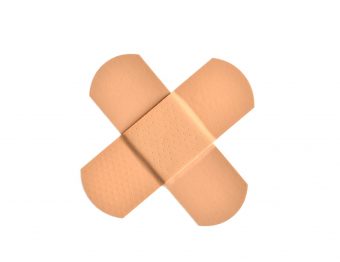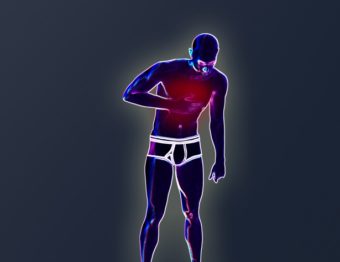You might be confused when you go to the gym and stay away from burger joints, and yet your weight keeps climbing upward. These ideas aren’t wrong, so other habits and circumstances are likely sabotaging them. Read ahead to learn about the three popular but surprising things that are making you gain weight.

Sleep Deprivation
Anyone who likes to burn the midnight oil might see the consequences show up on their bathroom scale. Researchers have found in recent studies that sleep plays a key role in weight management and good physical health — participants who slept more than 5 to 7 hours a night indulged less in sugar and carbohydrates than their deprived counterparts. Getting enough rest is supposed to help with willpower, cravings, stress levels and metabolism.
If you feel like you try to get the essential 7 to 9 hours per night, you may have undiagnosed sleep apnea. The disorder is incredibly common and interrupts your breathing through the night so that you don’t get enough deep sleep. Anyone diagnosed with this condition should go to PROFMed Healthcare Solutions to get a CPAP device — continuous positive airway pressure therapy is the best way to maintain the airway opening and ensure a full night’s restoration. People who use CPAP machines to treat their sleep apnea have found that it improves their sleep and their daily life.

Low-Fat Foods
One of the main reasons why you should avoid low-fat products is that they have a long list of sweeteners and sugars on the ingredients list — this is because fat makes food taste good so companies have to compensate with more sugar and flavor. Eating foods that are packed with different sweeteners will make you gain weight over time.
Another reason to avoid them is that unsaturated fats are excellent for your health, reducing inflammation and shrinking the chances of heart disease. You should toss out those deceptive items and insert some of these sources of unsaturated fats into your diet:
- Nuts
- Avocado
- Turkey
- Fish
Stress
You may notice that the waistline of your jeans or the chest of your shirt feels a little snug when you have a lot of deadlines piling up and when your schedule is hectic — this is because stress can cause weight gain in many ways. When you are stressed out, your body makes more of the hormone cortisol which makes you crave food packed with salt, sugar and fat.
Cortisol also makes self-control more challenging, pushing you to eat for emotional reasons and not physical needs. People often find themselves snacking when they’re not hungry or eating past the point of fullness.
You should try to combat your chronic stress by taking part in these activities and lifestyle changes:
- Exercise every day
- Get fresh air
- Meditate
- Get enough sleep
Ideally, you should be getting rest, eating well and managing your stress because it will benefit your physical and mental health. The bonus of taking care of all of these factors is that you will likely lose weight in the process and keep it off.





